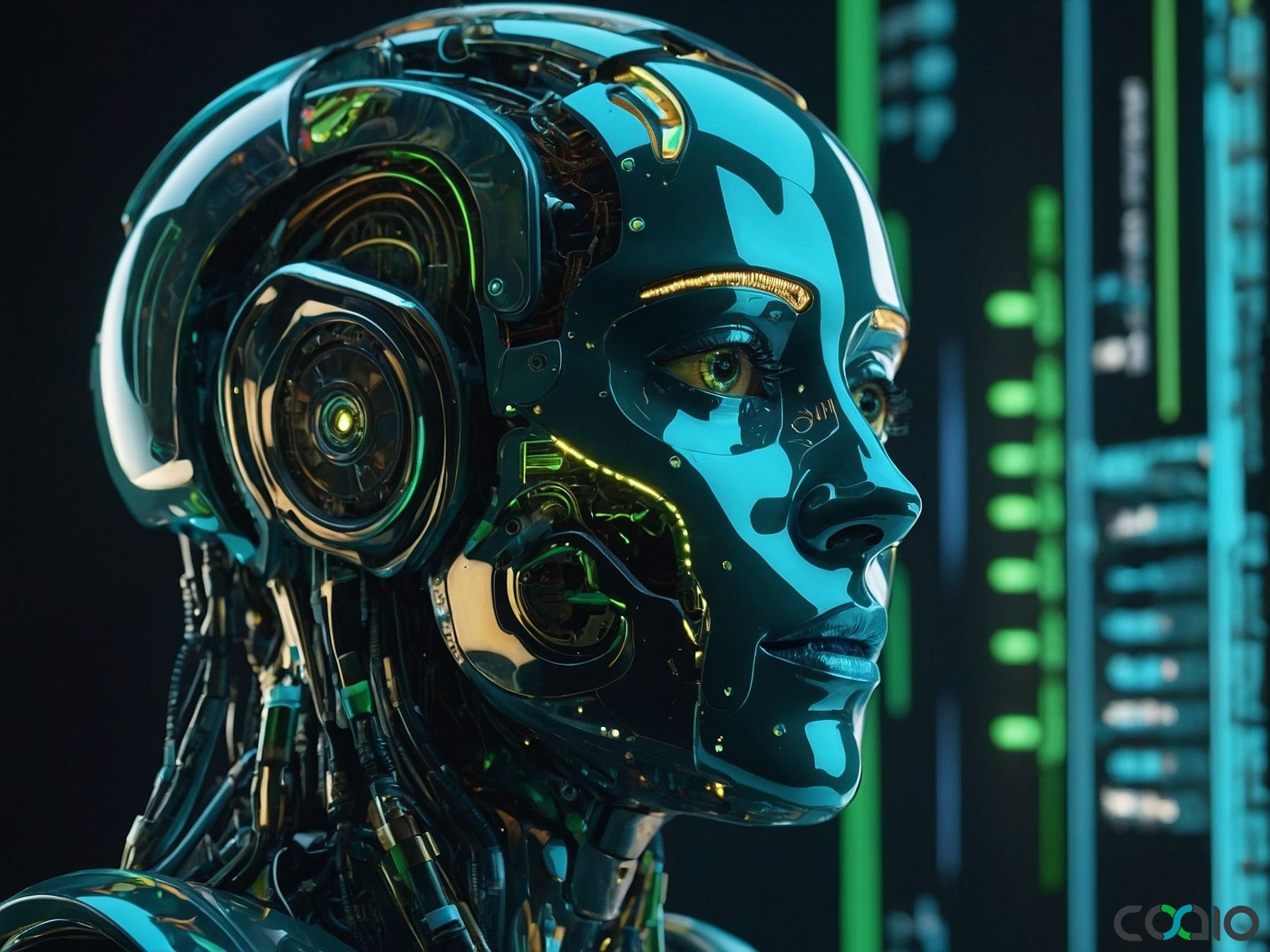
OpenAI's Trillion-Dollar Deals Reshape Software Development Landscape in 2025
As we dive into the latest developments in the tech world on October 9, 2025, the software development sector is buzzing with activity that could redefine how companies build, deploy, and innovate. From massive infrastructure investments to emerging challenges in funding and entrepreneurship, today’s news highlights the dynamic forces at play. While AI and space tech dominate headlines, these stories underscore the critical role of efficient software solutions in driving progress. One key story revolves around OpenAI’s aggressive expansion, which promises to accelerate software capabilities for businesses worldwide.
The Rise of OpenAI’s Infrastructure Empire
OpenAI continues to dominate discussions in software development circles, with CEO Sam Altman announcing even more significant deals on the horizon. According to a recent report from TechCrunch, OpenAI has already secured infrastructure agreements valued at an estimated $1 trillion this year, partnering with giants like Oracle, Nvidia, and AMD. These deals, including the much-talked-about Stargate project, are not just about raw computing power; they’re about enhancing the backbone of AI-driven software. Read more about OpenAI’s deals here.
This surge in partnerships means faster development cycles for AI applications, which rely heavily on sophisticated software frameworks. For instance, Nvidia’s GPUs and AMD’s processors are integral to training large language models, directly impacting how developers create and optimize code. The implications for software engineers are profound: with access to more robust tools, teams can tackle complex problems like real-time data processing and machine learning at scale. However, this also raises questions about accessibility—startups without deep pockets might struggle to compete, making outsourced development a smart strategy for leveling the playing field.
In related news, investments in space tech firms like Stoke Space are indirectly boosting software development. Stoke Space recently raised nearly $1 billion, as reported by Ars Technica, which will fund advancements in reusable rockets and satellite technology. Details on Stoke Space’s funding can be found here. While this might seem peripheral to software, the backend systems for space missions demand cutting-edge software for simulations, data analytics, and autonomous operations. This crossover highlights how software development is evolving beyond traditional IT into specialized fields, requiring versatile teams that can adapt quickly.
Challenges in Funding and Innovation
Not all news is positive, as funding uncertainties continue to plague the sector. NASA’s recent reprieve for one science mission, amid potential cuts from policy shifts, illustrates the fragility of tech investments. Ars Technica reports that while one mission was saved, others remain in limbo, with experts warning of long-term damage to talent retention. Explore the NASA story in full. For software developers, this means potential disruptions in projects that integrate space data with earthly applications, such as climate modeling or AI-driven research tools.
The ripple effects are felt across the industry. When funding stalls, innovation slows, and developers must pivot to more cost-effective methods. This is where strategic partnerships and outsourcing become crucial, allowing companies to maintain momentum without overextending resources. For example, emerging startups could benefit from collaborating with firms that specialize in efficient software delivery, ensuring projects stay on track despite external pressures.
On a lighter note, the entrepreneurial ecosystem is thriving, as seen in billionaire VC Tim Draper’s “Meet the Drapers” pitch show. TechCrunch provides an inside look at how this platform is fostering the next wave of tech innovators, with episodes streaming on services like Roku. Learn more about the show. While not directly about software coding, the show emphasizes pitching ideas that often hinge on software prototypes, from AI startups to app-based ventures. This visibility can accelerate funding for software-focused projects, but it also underscores the need for polished, user-friendly designs to impress investors.
The Human Element in Tech Advancements
Amid the corporate deals and investments, it’s worth noting how software development intersects with everyday life. A peculiar story from Ars Technica about a man facing a medical mystery after a night of drinking serves as a reminder of technology’s role in health tech. Read the full medical tale. While this isn’t core software news, it highlights the growing integration of software in diagnostics and wearable tech, where algorithms analyze data to detect anomalies. Developers in this space are pushing boundaries, creating apps that could prevent such incidents through predictive analytics.
This blend of software with other sectors demonstrates the field’s expansive reach. As AI and machine learning become staples, the demand for skilled developers is skyrocketing. Yet, not every company can build an in-house team, especially with budget constraints. This is a prime opportunity for growth-stage firms to explore reliable outsourcing options that deliver high-quality results without the overhead.
Future Implications for Software Developers
Looking ahead, OpenAI’s deals could set a new standard for software infrastructure, potentially leading to more democratized access to advanced tools. With Altman teasing additional partnerships, the industry might see a surge in collaborative projects that blend AI with traditional software development. This could mean faster iterations on products, reduced development costs, and greater innovation for startups. However, it also amplifies the need for robust project management to handle complex integrations.
In the broader context, events like NASA’s funding woes remind us that software development doesn’t operate in a vacuum. Economic and political factors can influence resource allocation, pushing developers to adopt agile strategies. For instance, incorporating competitor research and risk identification early in the development process can safeguard projects against unforeseen cuts.
As we wrap up this overview of today’s tech news, it’s inspiring to think about how ideas can flourish with the right support. Imagine a world where innovative software concepts aren’t bogged down by logistical hurdles—like building teams from scratch or navigating complex development phases. That’s the essence of true progress: founders channeling their energy into groundbreaking ideas, while relying on streamlined processes to bring them to life. By embracing efficient, outsourced solutions, entrepreneurs can minimize risks and maximize their vision’s potential, turning bold dreams into reality with minimal fuss.
About Coaio
Coaio Limited is a Hong Kong-based tech firm that specializes in outsourcing software development and building expert teams in Vietnam. We offer comprehensive services including business analysis, competitor research, risk identification, design, development, and project management, delivering cost-effective, high-quality software tailored for startups and growth-stage companies. Our user-friendly designs and tech management solutions help US and Hong Kong clients focus on their core vision without getting bogged down by technical complexities, making it easier to succeed in a competitive landscape.
 English
English
 Français
Français
 Español
Español
 廣東話
廣東話
 中文
中文
 日本語
日本語
 한국어
한국어
 العربية
العربية
 Deutsch
Deutsch

